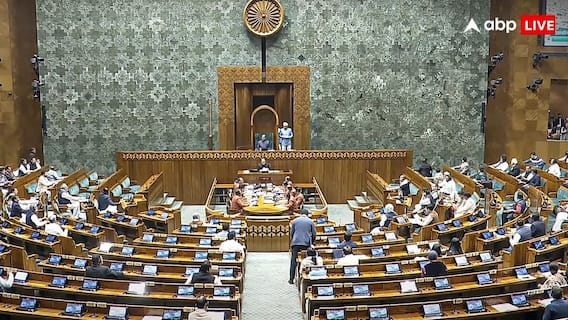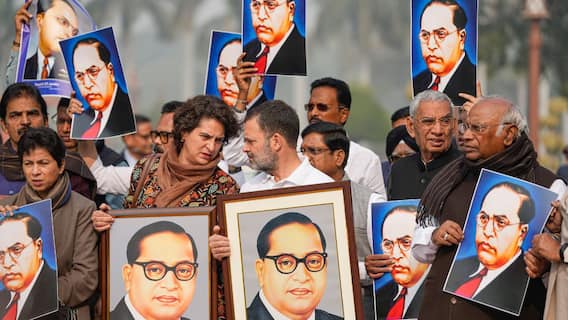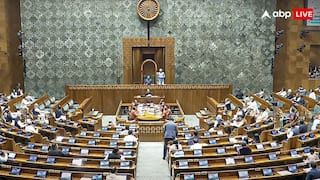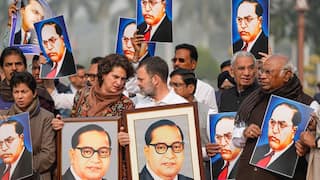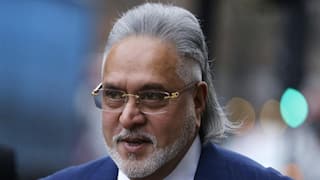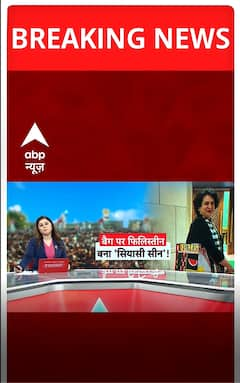Delhi Liquor Policy Case: Court Refuses To Stay Proceedings Against CM Arvind Kejriwal For Skipping ED Summons
Kejriwal had challenged the summons issued by Magistrate court after taking cognizance of two complaints filed by ED for avoiding summons issued to him in relation to the Delhi liquor policy case.

New Delhi: A sessions court in Delhi on Friday rejected AAP national convenor Arvind Kejriwal's plea seeking stay on the magistrate court proceedings in the complaint filed by Enforcement Directorate (ED) against him for repeatedly skipping the agency's summons in relation to the liquor policy case, news agency ANI reported.
Kejriwal had challenged the summons issued by the Magistrate court after taking cognizance of two complaints filed by the ED for avoidance of summons issued to him in relation to the case. “For exemption from appearance you can move application before trial court,” the Sessions Court said.
The order was passed by Special Judge (PC) Act Rakesh Syal of Rouse Avenue Court in response to a petition from CM Kejriwal seeking a stay in proceedings in the Magistrate court. The AAP supremo had also requested to be exempted from appearing personally before the Magistrate court.
Additional Chief Metropolitan Magistrate (ACMM) Divya Malhotra had summoned CM Kejriwal in two separate cases brought by the ED. The first summons was issued on February 7, while the second was issued on March 7. Both matters are scheduled to be heard by the ACMM on March 16.
These complaints were filed by the probe agency against CM Kejriwal due to his repeated failure to join the investigation regarding the excise policy case, despite being summoned under the provisions of the Prevention of Money Laundering Act (PMLA).
It is to be noted that CM Kejriwal had taken part in the virtual conference proceedings before the ACMM on February 17. During this session, he had said he would appear in person before the court on March 16. However, with only two days remaining before the scheduled hearing, Kejriwal opted to submit the petitions to the sessions court seeking a stay on the magistrate court proceedings. These pleas challenged the orders issued by the ACMM, which summoned him regarding complaints raised by the ED.
Trending News
Top Headlines






